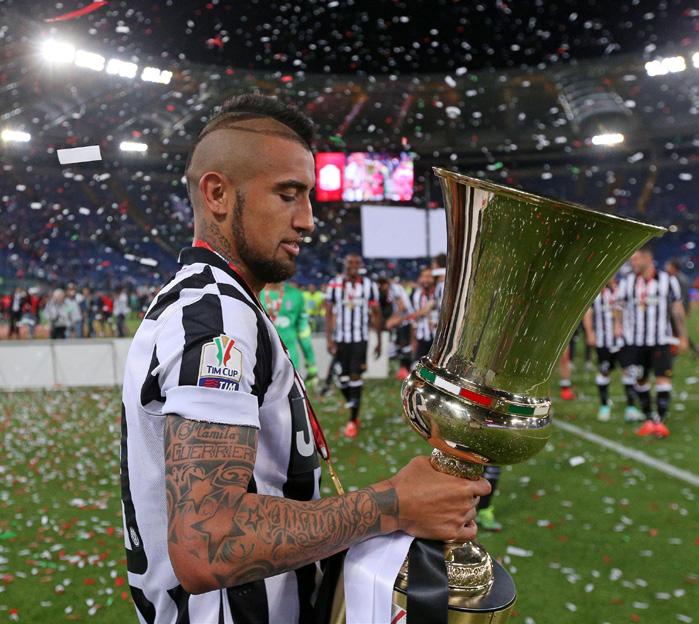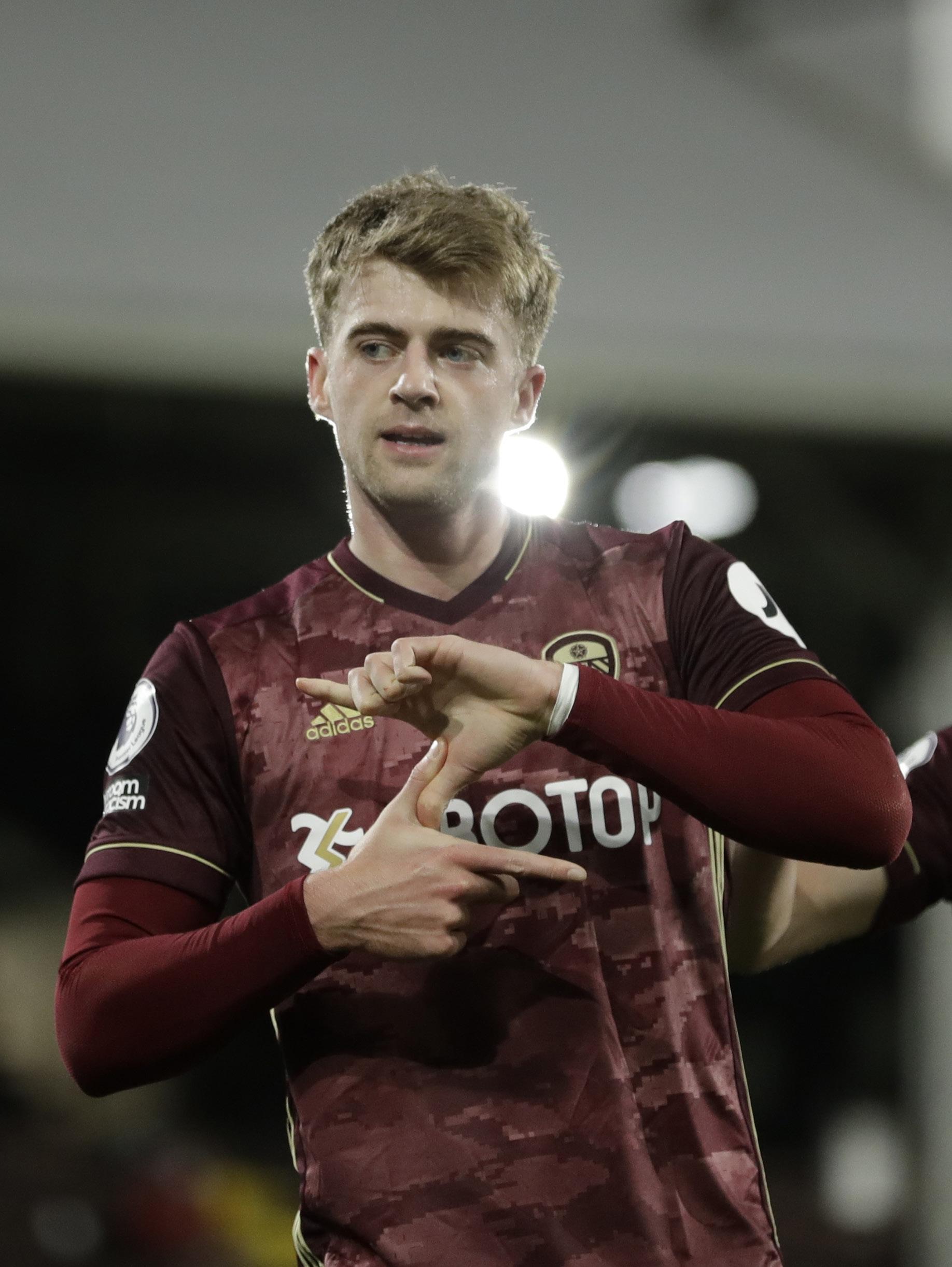
9 minute read
THE RONALDO SHOW
FIRST WORD QUANTITY OVER QUALITY
RADICAL CHANGES TO THE CHAMPIONS LEAGUE ARE COMING, AND GABY MCKAY FEARS THEY ARE NOT FOR THE BEST AND WARNS OF A BLOATED TOURNAMENT ON THE HORIZON…
Advertisement
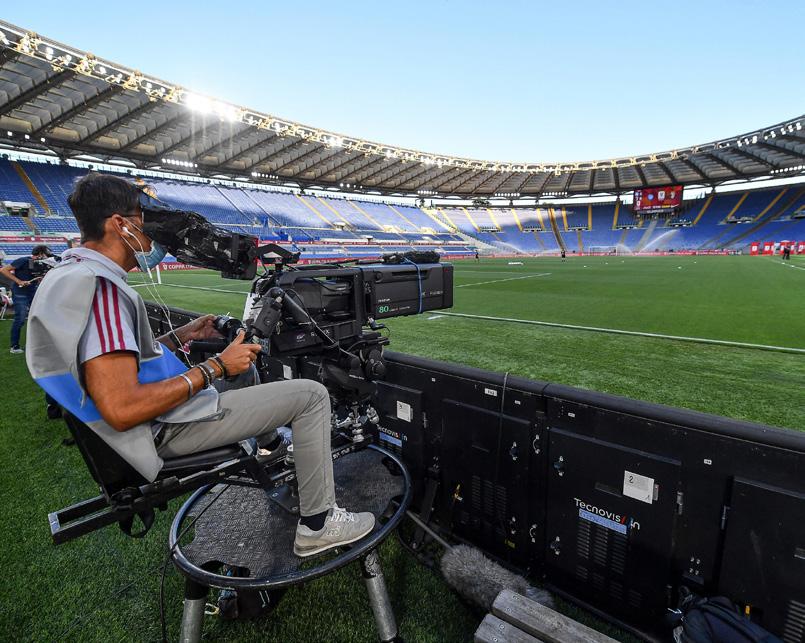
When you think of a thrilling and passionate spectator sport, chess isn’t the first thing that comes to mind. No disrespect to Garry Kasparov and co but it’s in a whole other world to Borussia Dortmund’s Yellow Wall or a soldout San Siro. If you’re a football fan though you better get used to thinking like a chess player as UEFA gets set to launch the new and not necessarily improved Champions League. From 2024 onward we’ll see the tournament expanded to 36 teams with a fairly mind-boggling new format. The traditional group stage will be thrown out and replaced with a league format based on a so-called ‘Swiss system’ used in chess. The model is used for tournaments in which there are too many entrants to realistically all play each other, but no desire to shrink the tournament. In the Champions League it will work something like this: 36 teams qualify for the group stage of the competition, with two ‘wildcard’ places reserved for the non-qualified teams with the best coefficient record over the previous five seasons. For example, if a Champions League regular missed out this season they’d likely be granted a reprieve as one of the wildcard entrants. After that, the coefficient is used to rank all the clubs from one to 36. Based on that, the teams are given five home games and five away games against 10 different opponents. After 10 games the top eight teams in the league go through to the last 16, while the next 16 teams go into a play-off round to determine who makes up the rest of the first knockout round. If it all sounds tedious that’s because it almost certainly will be. It’s not just that this is complicated – the Nations League has been a success despite initially appearing to be overly complex – it’s fundamentally wrong-headed. We know in the current format that the group stage games have become largely meaningless. The financial dominance of the big leagues means there’s very little chance of any of the elite clubs being knocked out unless they happen to be managed by Antonio Conte. This season’s last 16 was made up of four Spanish clubs, four German, three Italian, three English plus one each from France and Portugal. That’s 14 of 16 coming from Europe’s top four leagues, plus Qatari-backed Paris Saint-Germain, and Porto whose league is ranked seventh by coefficient. In other words it’s exactly what you’d expect. Ferencvaros, Zenit St Petersburg and Rennes managed a point each in this season’s group stage, while Midtjylland and Basaksehir got three. There’s no drama because even if two big sides play each other, both will almost certainly go through. The knockout stages in recent years have been thrilling and unpredictable, but you could basically do the draw in August. The changes from 2024 onward increase the number of group stage matches from 96 to 180, which is good news if you’re trying to sell television rights. It’s not such good news if you want to watch competitive football. The chances of one of Europe’s giants finishing outside the top 24 are slim to nil. Even if Inter and Manchester United had a similar campaigns to the ones they endured this time around they’d be ranked somewhere around 17th or 18th and face a play-off against a team from somewhere like Scotland or Austria. In making the move UEFA and the European Club Association hope quantity will prevail over quality when it comes to those lucrative TV contracts. The governing body, in an attempt to stave off a Super League has signed up to the worst of both worlds. A breakaway is a terrible idea and an affront to the principle of sporting merit, but it would at least have the best teams in the world duking it out in games that mean something. Instead we’ve got a system that will see the same teams qualify for the knockout rounds as always qualify for the knockout rounds. Plus two who will get in if they don’t qualify. And more money for the wealthiest clubs in the world. Checkmate.
TOP: Teams like Liverpool could be granted a reprieve if they don’t qualify for the Champions League
LEFT: It’s hoped more games will bring bigger contracts
BOTTOM: UEFA has agreed a new format from 2024 onward
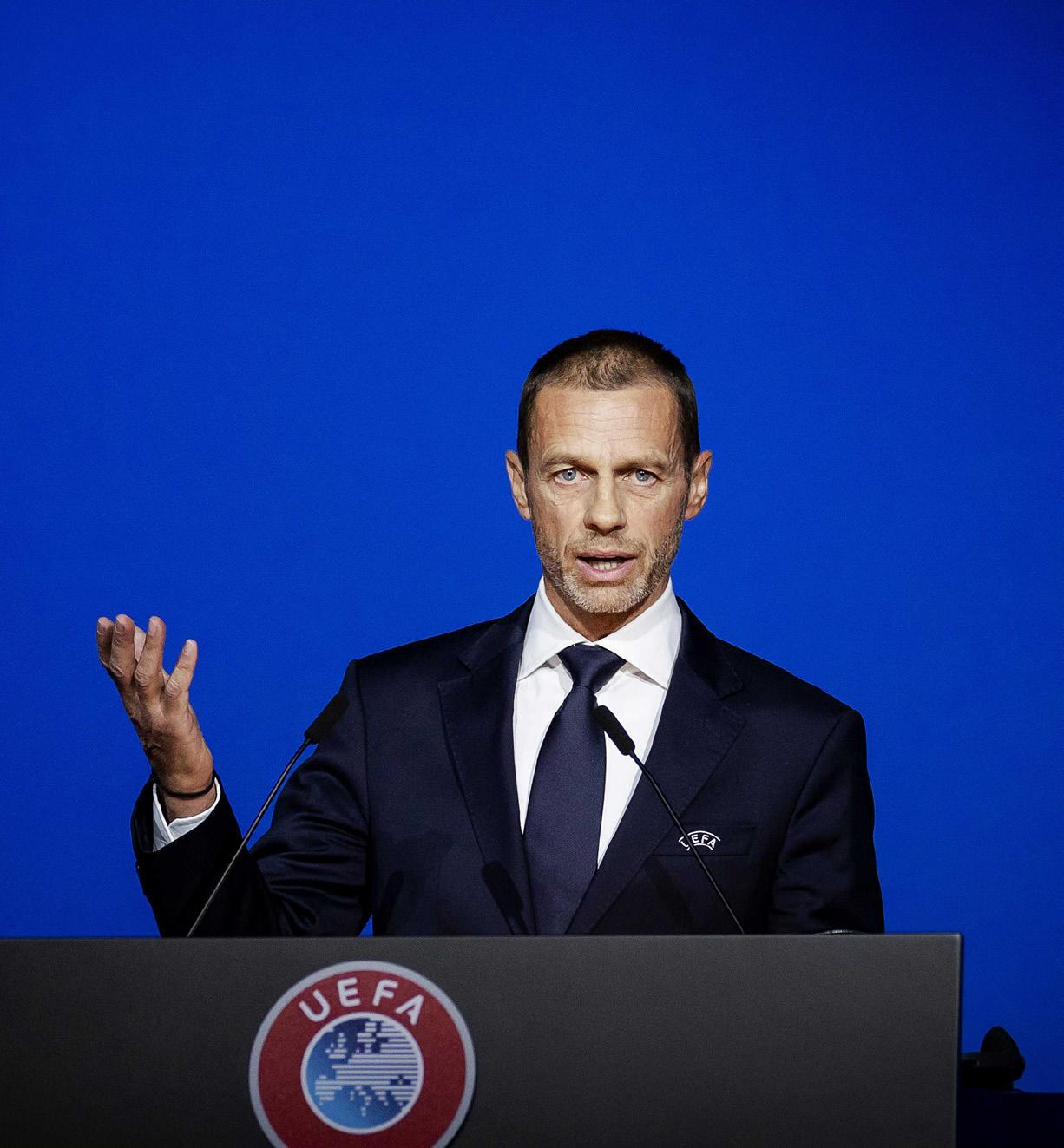
THE
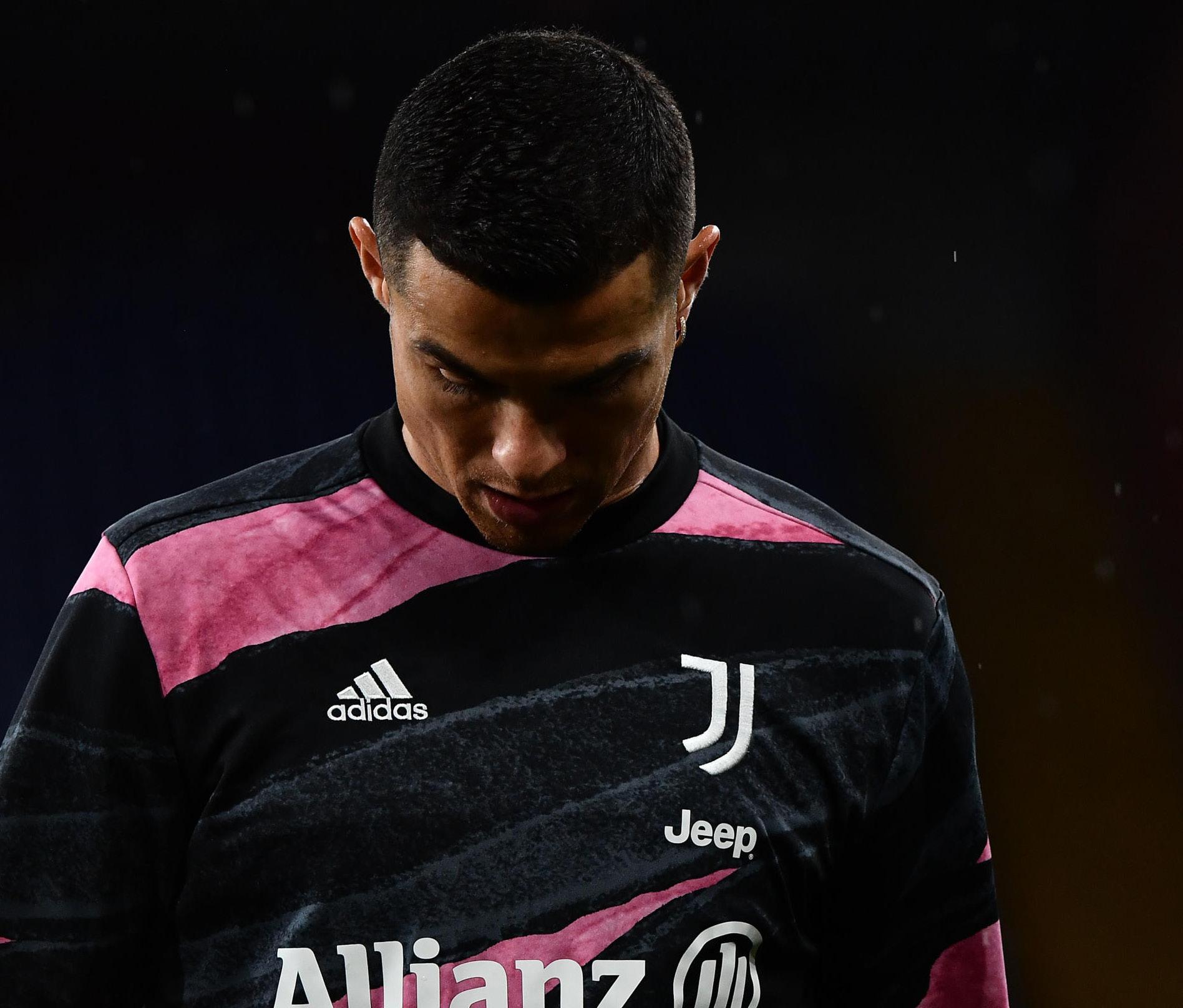
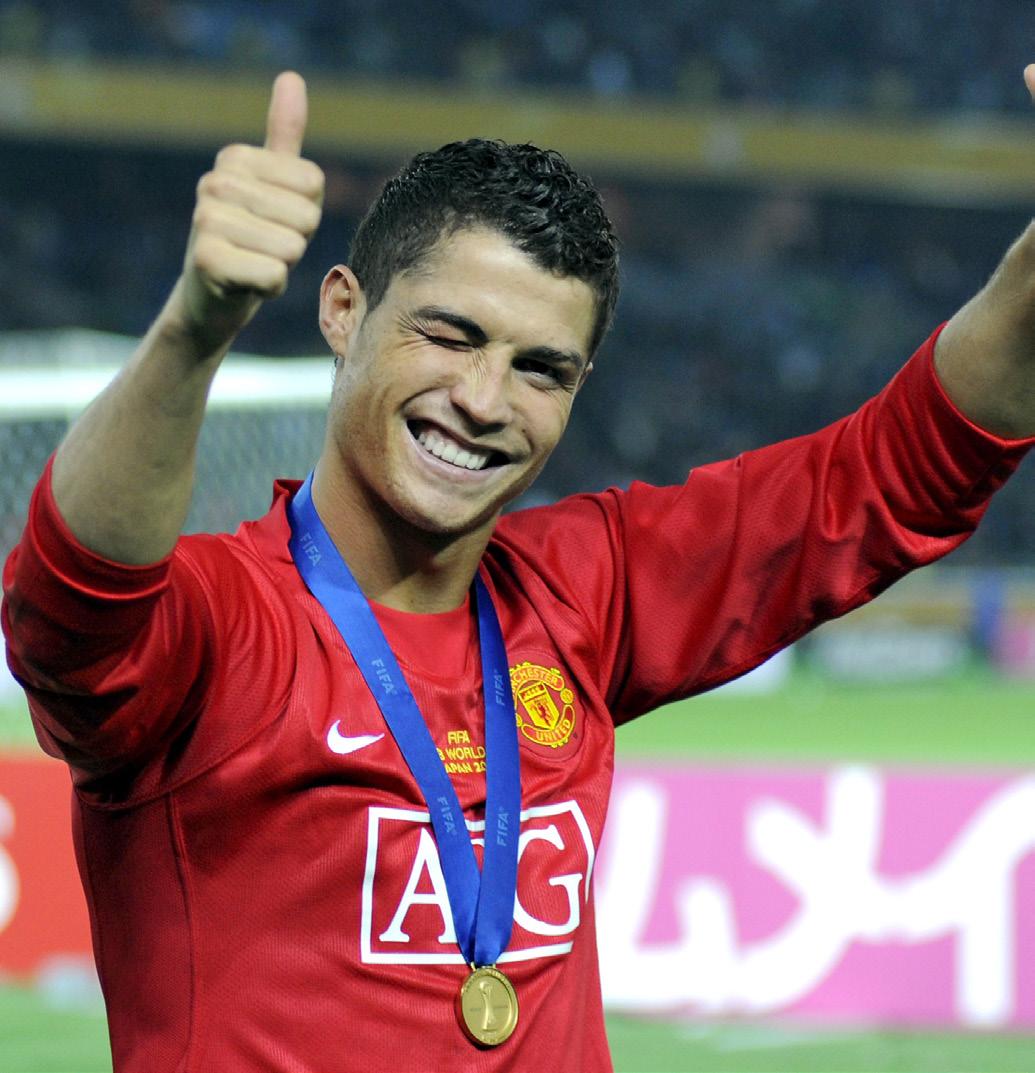
ABOVE: The Ronaldo Show started at a pretty young age
BELOW: Ronaldo looks for another European Cup this summer
THREE SEASONS INTO CRISTIANO RONALDO’S JUVENTUS CAREER, THE OLD LADY ARE IN THEIR WORST SHAPE IN OVER A DECADE. GREG MURRAY ASSESS WHAT WENT WRONG WITH THE RONALDO PROJECT.
The summer of 2018 was an exciting time for Juventus. An ambitious rebranding project, a six-part documentary on Netflix and an unprecedented fourth consecutive domestic double ensured the season was an unqualified success. However, one dark cloud remained for the Bianconeri: their failure to win the Champions League. The previous season, the Old Lady had looked sharp in Europe’s premier club competition, losing just once in the group stage before overcoming an impressive Tottenham side in the round of 16. Unfortunately for the Juventus, the quarter-final draw saw them face a Real Madrid team that had won the previous two Champions Leagues. Massimiliano Allegri lost 4-3 on aggregate with a certain Cristiano Ronaldo putting on a masterclass at the Allianz Stadium, scoring a brace that included a flawless bicycle kick. Looking to change their fortunes and secure their first European cup since the 1995-96 season, Andrea Agnelli made an ambitious bid to sign their vanquisher. Over the past three seasons Ronaldo had become known as Mr. Champions League. With their No 7 leading the charge, Real Madrid had done something never-before seen and won the competition three times in a row. Winning for the fifth time overall in 2018 made Ronaldo the most decorated player in history, and in doing so he finished as top scorer for the sixth consecutive season. If there was any such thing as a Champions League guarantee, the Portuguese forward seemed to be it. The CR7 show took more time than expected to get going in Turin, but, after netting a brace in his fourth game Ronaldo looked back at his best. Juventus added yet another Scudetto to their collection and their star man won the inaugural Serie A Most Valuable Player award. However, things were not all positive. In December Juventus had lost the service of Beppe Marotta, as their famed transfer guru moved to rivals Inter after a rumoured bust up with Agnelli. Once again, the Bianconeri failed to progress past the quarter-finals of the
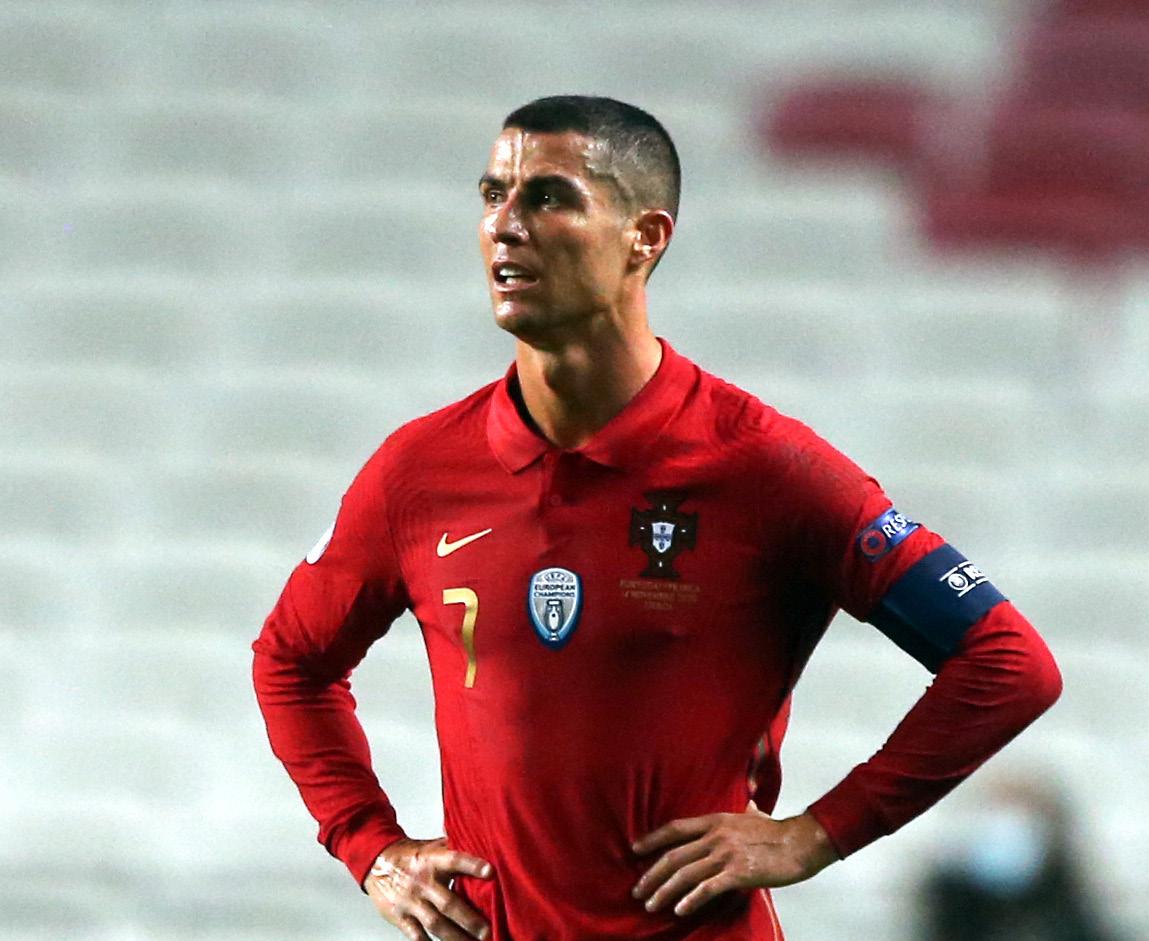
SHOW
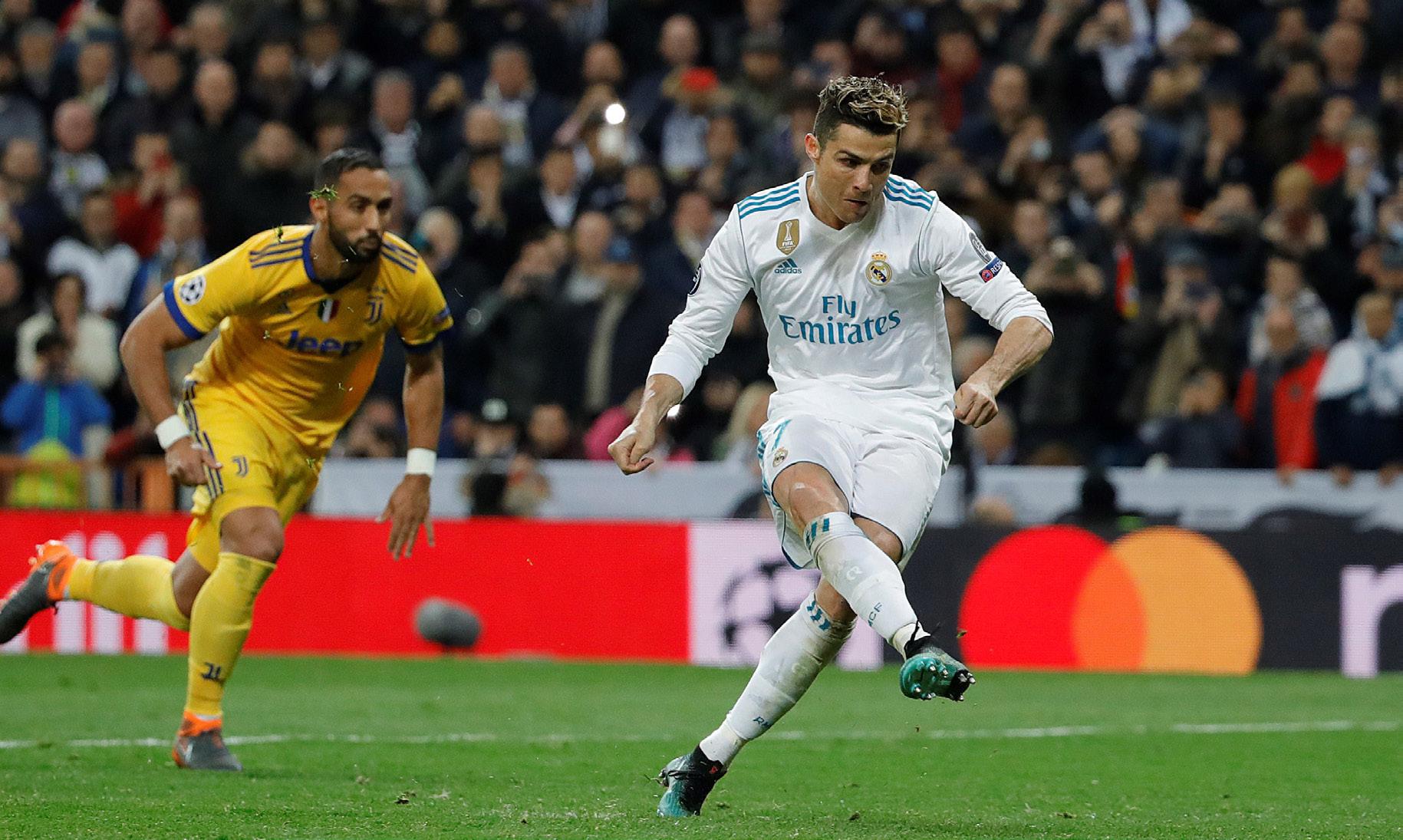
Champions League, losing to surprise package Ajax, and after a subsequent failure to lift the Coppa Italia for the first time in five years, coach Massimiliano Allegri moved on. Agnelli was undeterred and looked to further re-enforce his Champions League project. Maurizio Sarri, who had won the Europa League with Chelsea, was brought in as manager and Matthijs de Ligt, who so impressed for Ajax in the Champions League, was subject of a £75m transfer swoop. Yet again Juventus won the Scudetto with Ronaldo finishing second-top scorer. However, the murmurs of discontent were growing. Under Sarri Juventus won the fewest points of their nine consecutive league wins, with fans particularly concerned about a perceived lack of attacking ambition. Yet again the Old Lady failed to win the Coppa Italia but perhaps most damagingly, their progress in the Champions League regressed. After finishing top of a tough group Bianconeri fans were pleased with a draw against Lyon in the Round of 16. Juventus’ short trip across the Alps ended in a surprise defeat, with the French side notching the only goal of the game. The reverse fixture was delayed by five months due to the COVID-19 pandemic, and, with no fans to encourage them Maurizio Sarri’s side failed to overturn the result, winning 2-1 but losing on away goals. Once again, this failure cost the manager his job and Andrea Agnelli returned to the transfer market looking for solutions. Federico Chiesa was the big-name signing of the summer whilst Weston McKennie, Alvaro Morata, Dejan Kulusevski and Arthur were all brought in to replace outgoings. Following the Zinedine Zidane model seen at Real Madrid, Juventus appointed former player Andrea Pirlo as manager – looking to emulate Madrid’s success. If the previous two seasons were disappointing for Juventus, this campaign could be considered a complete disaster. Since kicking off in September Pirlo’s side rarely looked capable of lifting their 10th consecutive Scudetto. To make matters worse Juventus yet again failed to progress past the Champions League Round of 16. In previous seasons excuses could be made: the Ajax they lost to also beat Real Madrid and defeat to Lyon came
ABOVE: Cristiano Ronaldo put Juventus to the sword in the 2016-17 Champions League Final…
BOTTOM: …prompting Juventus to break the bank to bring the Portuguese to Turin a year later
TOP RIGHT: Pirlo was snapped up by Juventus on a free transfer
BOTTOM RIGHT: Arturo Vidal came to Juventus on just £11m
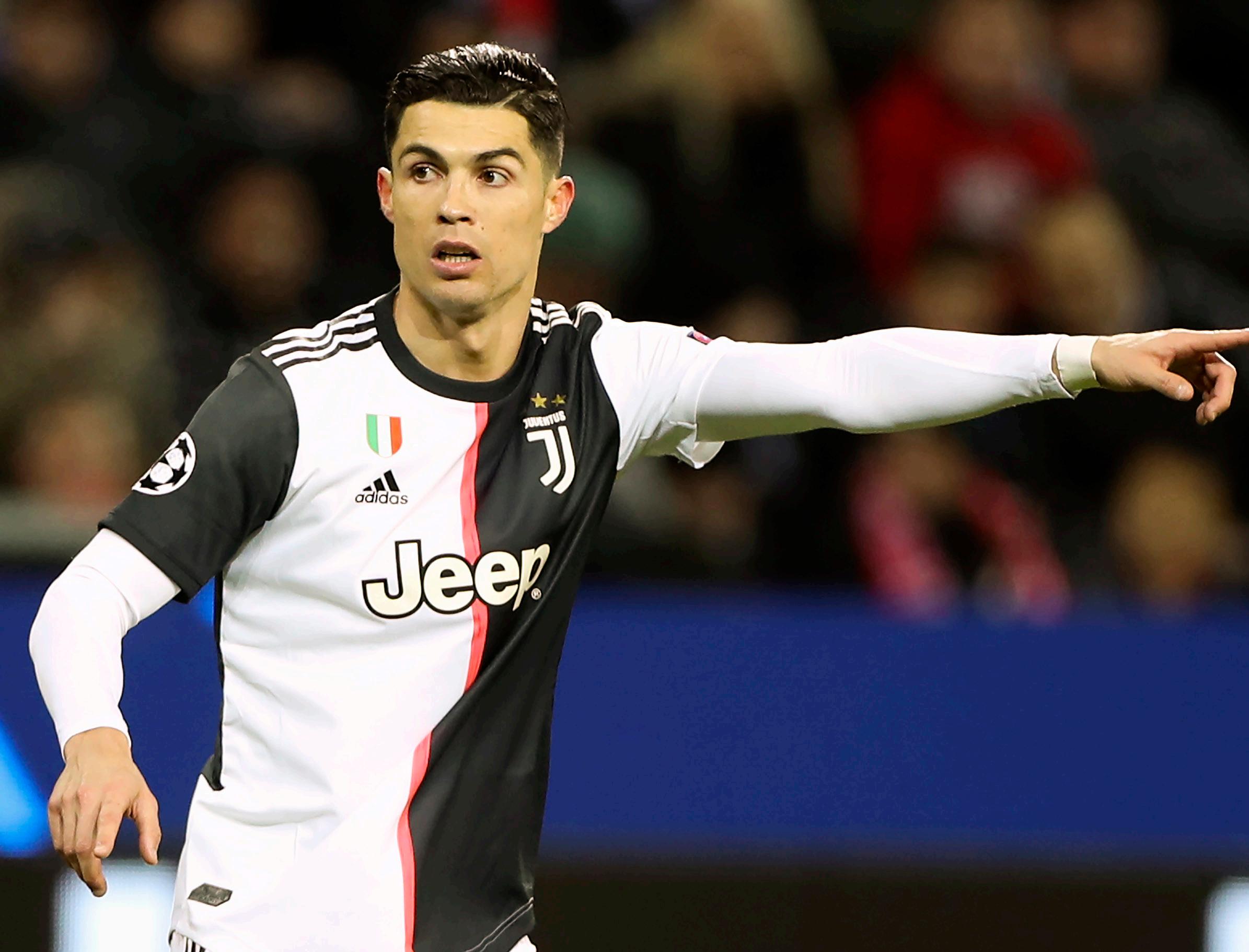
TRANSFER WIZARDS
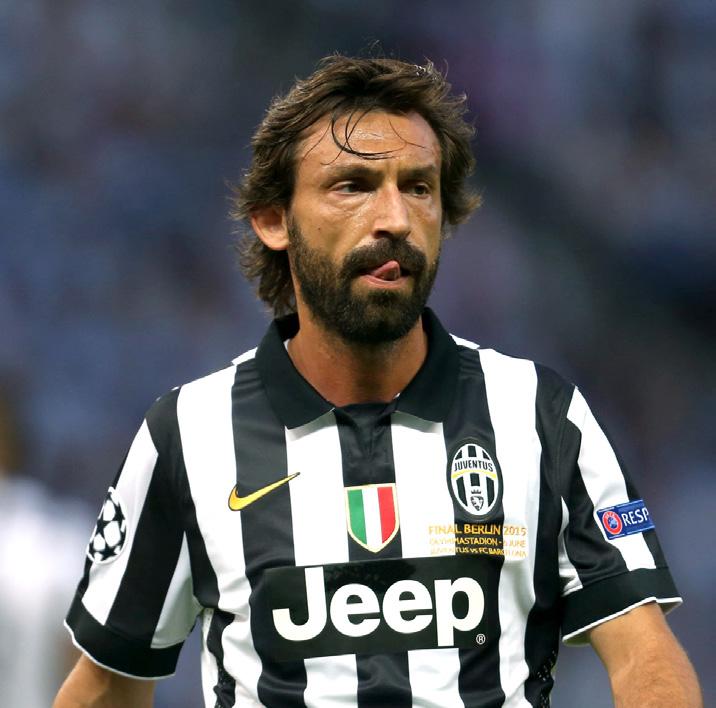
JUVENTUS HAD MADE A HABIT OF SMART SIGNINGS – AN INSPIRED FREE TRANSFER HERE, A NOVEL LOAN SIGNING THERE. GREG MURRAY LOOKS AT THEIR HITS IN THE MARKET
After taking over as club president in 2010 it took Andrea Agnelli’s Juventus just two seasons to win the Scudetto. However, the club was not the financial powerhouse that it is now, and instead relied on the shrewd market dealings of their new director of sport Giuseppe Marotta. Under his guidance the Old Lady became known for bringing in world class players for remarkable value, allowing them to build a Serie A dominating team whilst balancing the books. The most famous of these is arguably Juventus’ current coach, Andrea Pirlo, who was snapped up on a free transfer when Milan decided against renewing the 31-year-old midfielder’s contract. With a point to prove the World Cup winner had arguably the best spell of his career during four years in a Juventus shirt, making the role of the regista famous worldwide. Clearly Marotta had an eye for a midfielder, bringing Arturo Vidal in for just £11m, but it is the Paul Pogba saga that saw the Juventus transfer guru really make his name. The French midfielder left Manchester United for Turin on another free transfer and turned Serie A into his personal showcase. The Bianconeri only kept hold of him for four years, but in selling him back to United made a profit of over £90m. Finally, an honourable mention should be given to the Scudetto-winning strike partnership of Fernando Llorente and Carlos Tevez, signed for a total of £9m. The classic target-man/second-striker combination was ruthlessly effective for Antonio Conte’s side, with the Argentine scoring a goal every other game.
